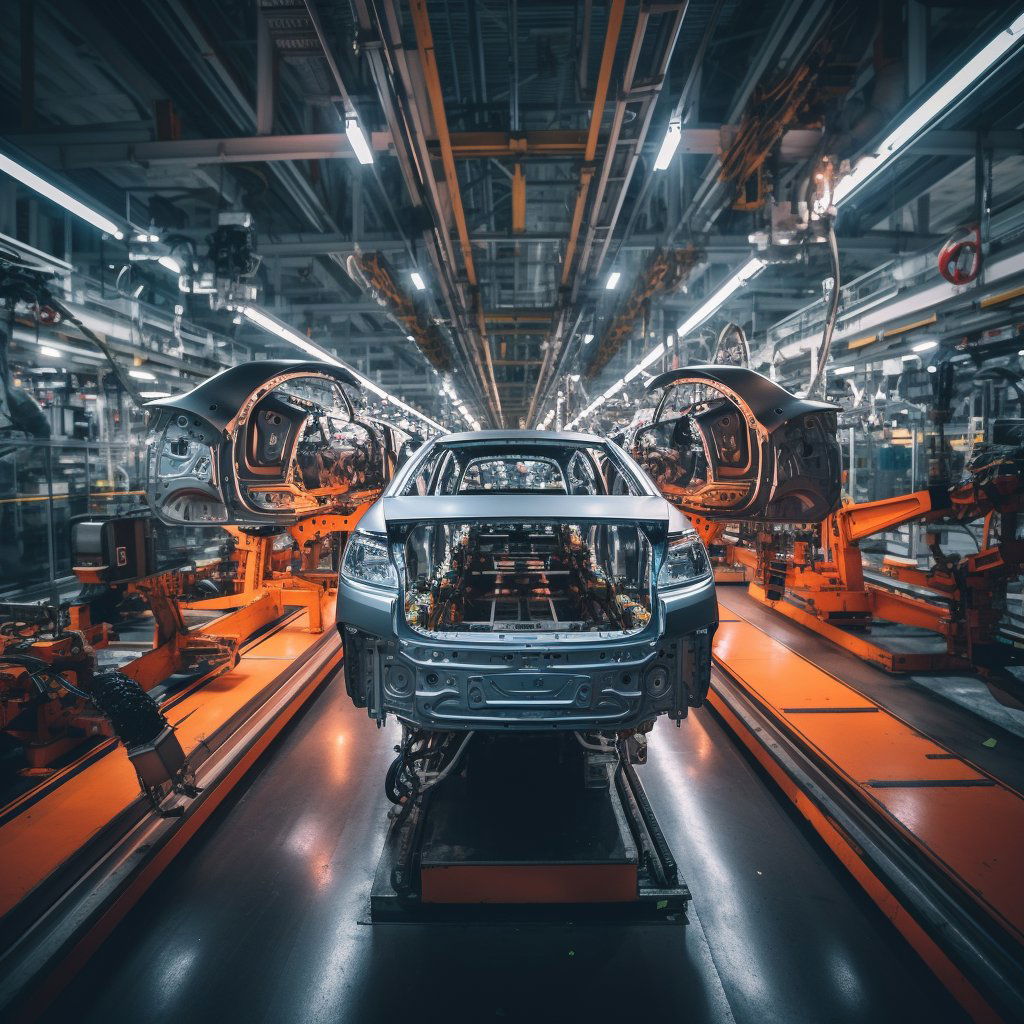Picture: for illustration purposes
South Africa’s Retail Motor Industry Faces Pressure from Load-shedding, High Interest Rates
The retail motor industry in South Africa, one of the largest employers of the country, is grappling with severe pressure derived from load-shedding and the prevailing high interest rates. The adverse conditions have impelled many dealerships to shut their doors, potentially leading to thousands of job losses.
According to Motor Industry Staff Association's (MISA) spokesperson, Sonja Carstens, several industry stakeholders are having to restructure their operations to cope with the mounting pressures on the sector. Increased inflation, high-interest rates, and the ongoing electricity crisis in South Africa have implicated business viability. Carstens revealed that in just the first two weeks of October, fourteen dealerships in Gauteng shut down following a lack of demand for cars in the country.
Furthermore, a prominent tyre manufacturer has also ceased its operations in South Africa, directly impacting 11 retail stores nationwide and 237 employees. Carstens emphasized that the persisting load-shedding, resulting in escalated interest rates and inflation, has created a ripple effect across the sector. MISA is concerned that if the current trend persists, the impact on the industry may outscale the Covid-19 pandemic's effects.
Simultaneously, the CEO and co-founder of WeBuyCars, Faan van der Walt, recently touched on the industry's ongoing challenges. He highlighted that high inflation has impacted the affordability and demand for the company's products. He also mentioned the implications of increased fuel prices and load-shedding on consumers' confidence, stating that these factors have led to a drop in the demand for high-end vehicles and affected the pace at which they sell. This expectation reflects in the projected 20% profit decline for WeBuyCars in 2022.










